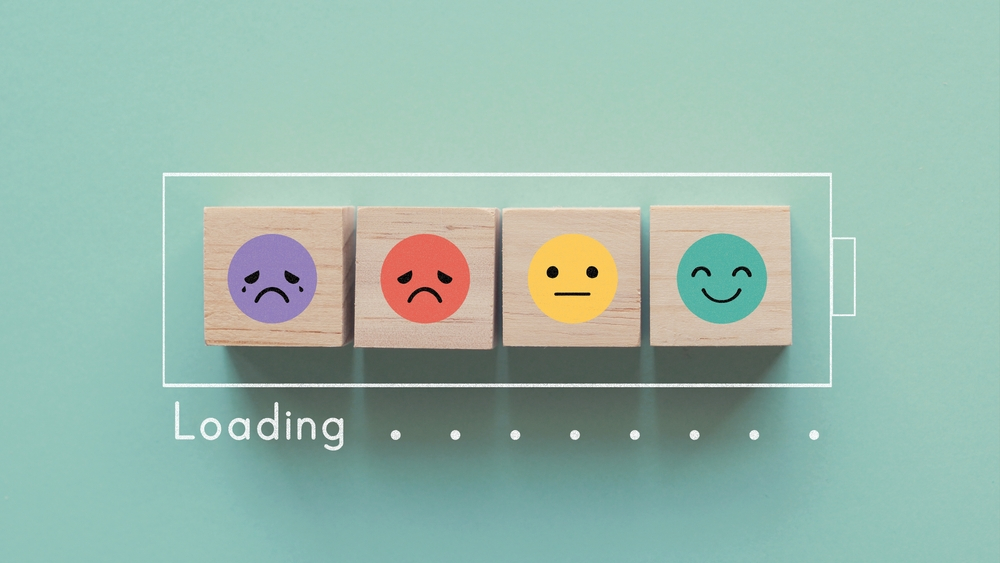Do you feel anxious or stressed? Are you struggling with relationships or sleep issues? Are you seeking peace of mind and happiness? If your answer is “yes,” then this article is for you!
In this article, you will embark on a journey toward mental health, where we will debunk some misconceptions about psychotherapy and provide you with accurate information about this effective tool to improve your life.
Misconception 1: Psychotherapy is Only for Crazy People
Some people believe that psychotherapy is only for those with severe mental disorders. In reality, anyone can benefit from psychotherapy, regardless of the severity of their problems. Psychotherapy can help you deal with various life challenges, such as:
– Stress and anxiety
– Depression
– Psychological trauma
– Difficulty communicating with others
– Sleep problems
– Relationship issues
Misconception 2: Psychotherapy is Embarrassing
Another misconception is that psychotherapy is embarrassing. This assumption often stems from the negative perception of psychotherapy and the mistaken belief that it is a sign of shame or weakness.
The truth is that psychotherapy is a process that respects privacy and aims to provide support and assistance to individuals dealing with psychological and emotional challenges. There is nothing embarrassing about seeking psychological help when needed; on the contrary, it shows strength of character and a desire for personal improvement and development.
It is essential to understand that psychotherapy is offered in a safe and supportive environment, and it is completely confidential between the therapist and the patient. Psychotherapists are trained professionals who can understand the patient’s challenges and provide effective and appropriate support.
Misconception 3: Psychotherapy Takes a Long Time
The third misconception is the belief that psychotherapy takes a long time. This notion can arise from movies or TV shows that exaggerate the portrayal of psychotherapy as a long and exhausting process.
However, the truth is that the duration of psychotherapy varies significantly depending on each patient’s individual case and the type of problem they are facing. Some people may need only a few sessions to achieve improvement, while others might require longer therapy.
The duration of psychotherapy also depends on factors such as the history of the problem, its severity, the patient’s response to therapy, and the methods and techniques used by the psychotherapist.
This misconception might discourage some people from starting psychotherapy, but it is important to understand that significant improvement can be achieved in a short period for some cases.
Once therapy begins, the psychotherapist will provide an estimate of the time needed to achieve the specified goals and will work with the patient to develop an appropriate treatment plan to achieve these goals as quickly as possible.
Misconception 4: Psychotherapy is Ineffective
The fourth misconception is the belief that psychotherapy is ineffective and does not produce tangible or lasting results. This misconception can arise from unsatisfactory previous experiences with psychotherapy or from myths and incorrect ideas about its effectiveness.
However, the truth is that psychotherapy can be very effective in treating a variety of psychological and emotional disorders. According to scientific research, many people who commit to psychotherapy experience significant improvements in symptoms and daily functioning and achieve positive changes in their lives.
Psychotherapy offers the following benefits:
- Improved Mental Health: Psychotherapy works to reduce psychological symptoms such as anxiety, depression, and stress, and improve overall mental and emotional health.
- Development of Coping Strategies: It helps develop healthy strategies for dealing with life’s challenges and effectively overcoming problems.
- Improved Relationships: Psychotherapy can improve personal and social relationships through better communication and understanding.
- Increased Self-Awareness: It enhances self-awareness and personal understanding, aiding in personal growth and development.
Therefore, one should not succumb to the misconception that psychotherapy is ineffective. Instead, psychotherapy should be given a fair chance to demonstrate its benefits and achieve the desired results.
Tips for Finding a Psychotherapist
When looking for a psychotherapist, there are some tips that can help you choose the right therapist for your needs and aspirations. Here are some tips:
- Identify your issues and goals: Determine the problems and challenges you are facing and the goals you want to achieve from psychotherapy. You might need a therapist to help with anxiety, depression, relationships, or any other challenge.
- Find a therapist through reliable sources: Look for a psychotherapist through official websites of professional associations of psychotherapists or recommendations from friends, family, or general practitioners.
- Ensure the therapist is qualified: Verify that the psychotherapist has the necessary training and experience in dealing with the issues you are facing. Also, make sure they are licensed by the relevant professional authority in your area.
- Conduct an initial interview: Have an initial interview with the potential psychotherapist to assess the personal and professional compatibility between you. You should feel comfortable and confident in the relationship with the therapist, and they should have a good understanding of your problem and an approach that suits you.
- Inquire about methods and techniques: Ask the therapist about the methods and techniques they use in therapy and ensure they are appropriate for your needs and aspirations. You might want to choose a therapist who uses specific techniques such as cognitive behavioural therapy or modern therapy.
- Ensure availability: Make sure the therapist is available to schedule regular sessions and offers flexible options that suit your schedule and personal needs.
The Journey of Psychotherapy Starts with Us
The psychotherapy journey that begins with Refd Platform is an important and beneficial experience for individuals seeking psychological support and the necessary treatment to improve their mental health and psychological well-being.
This journey starts by contacting Refd Platform, an online platform offering remote psychological consultation and psychotherapy services.
The psychotherapy journey with Refd Platform begins when an individual registers on the platform and books an initial consultation session. In this session, the individual’s needs are identified, their mental state is assessed, and they are directed to the appropriate psychologist for suitable treatment.
The specialised psychologist conducts a comprehensive evaluation of the individual’s condition and works with them to set goals and aspirations for psychotherapy. During this stage, a personalised treatment plan is developed to meet the individual’s needs and aspirations.
Based on the specified treatment plan, the individual begins psychotherapy sessions with the specialist. During these sessions, feelings, thoughts, and experiences affecting the individual’s state are explored, necessary support is provided, and tools and strategies for dealing with psychological challenges are taught.
The psychotherapy journey with Refd Platform continues through regular follow-up sessions with the psychologist, where progress is reviewed, and the treatment plan is updated as needed. This ensures continuous improvement in the individual’s mental state and achieving the specified treatment goals.
Join Refd Platform now, and let these be your first steps toward a happier and more productive life!



